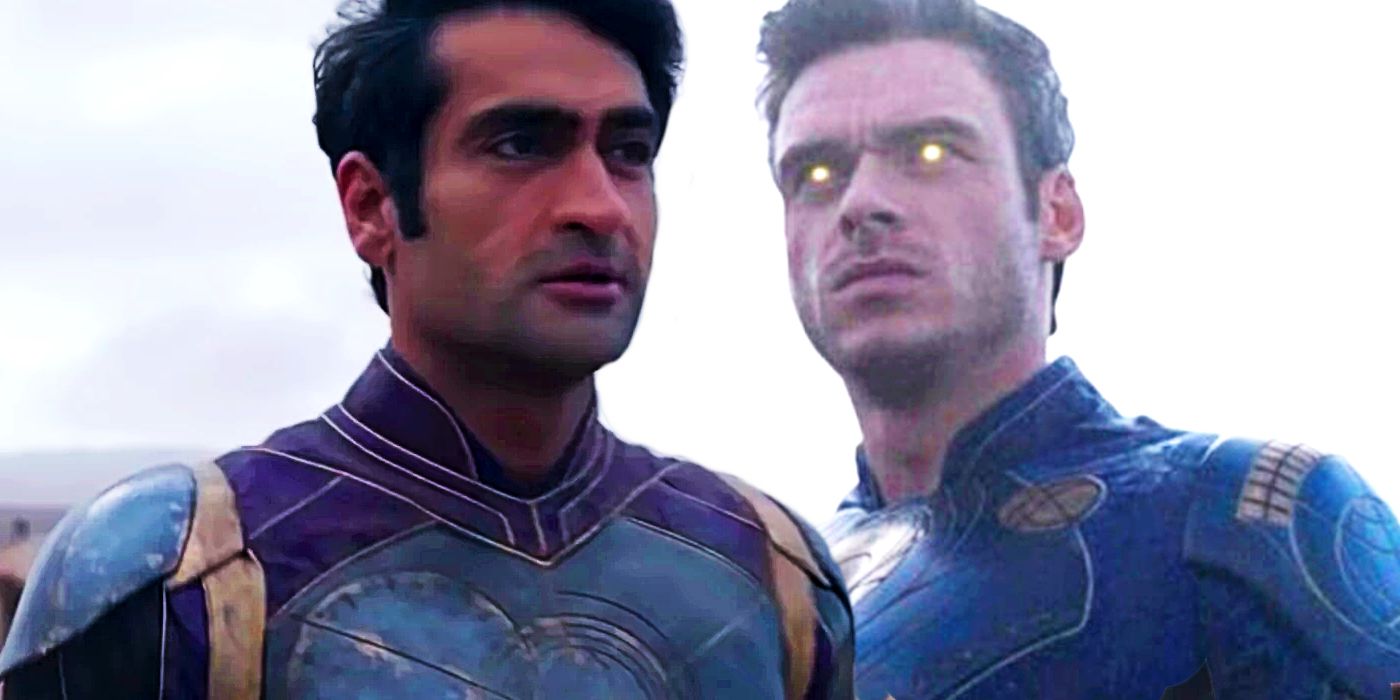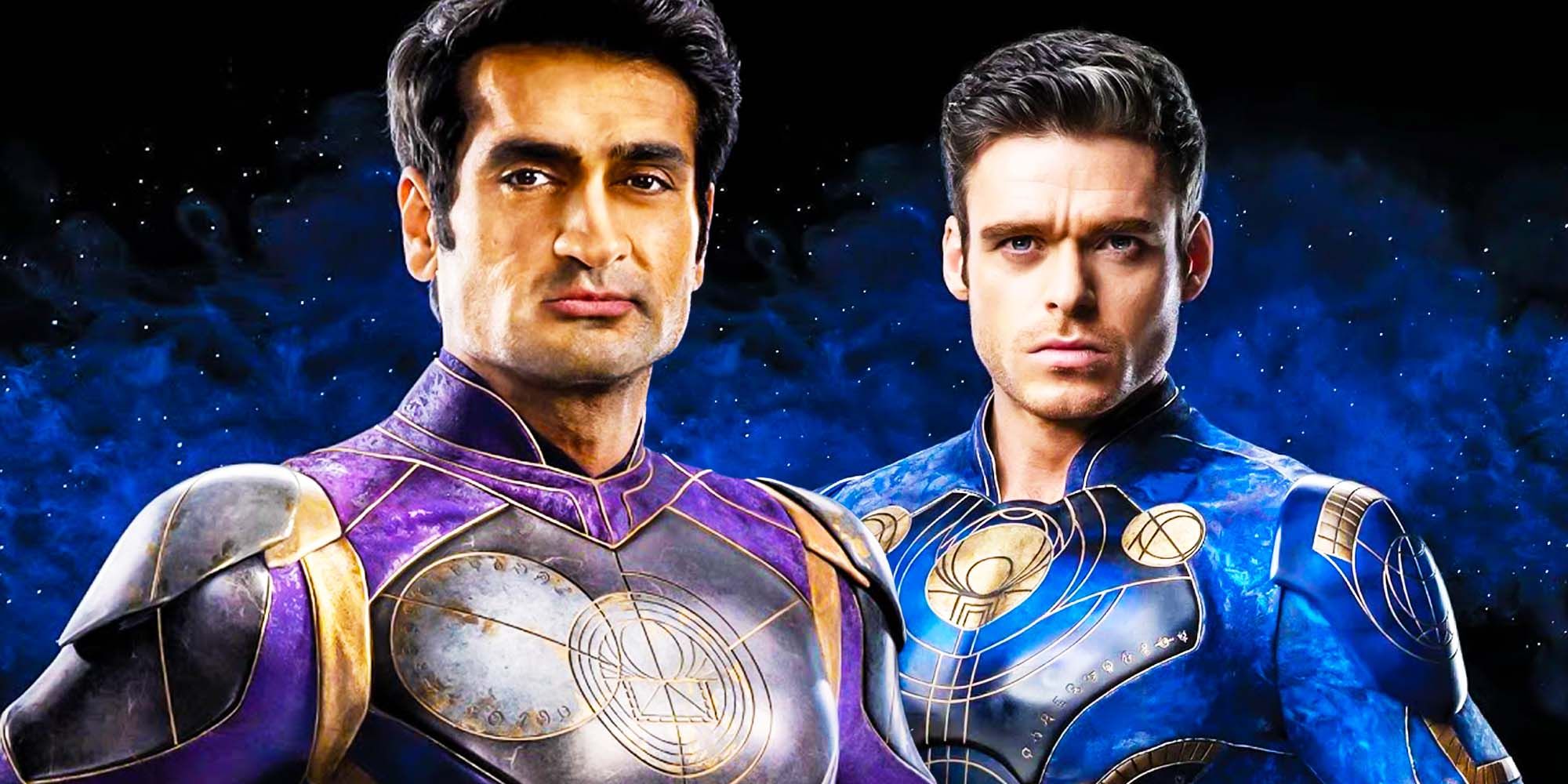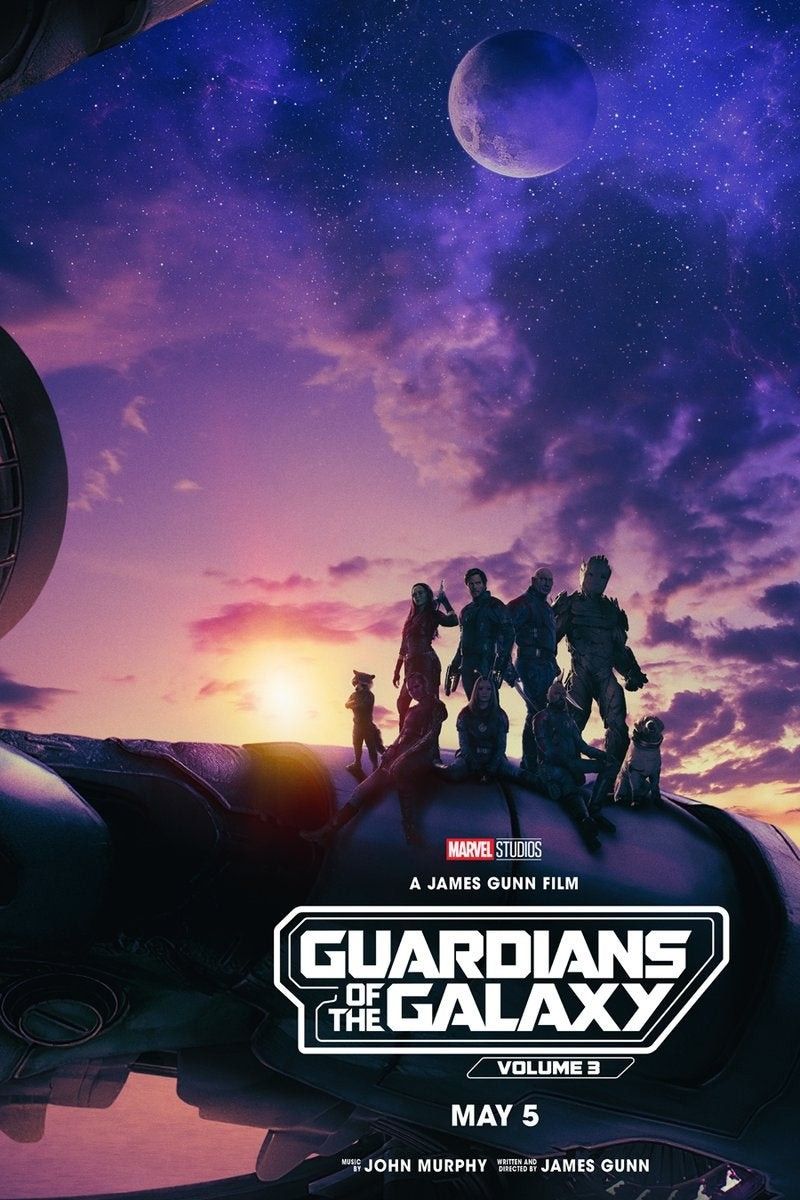Kingo has a strong bond with Ikaris in Eternals that eventually becomes catastrophically harmful - but why does Kingo worship Ikaris so much? The Marvel Cinematic Universe’s Phase 4 continues with Eternals, an emotional and contemplative film that melds some of the franchise’s largest-scale storytelling with its most intimate. The relationship between Kingo and Ikaris exemplifies this, as their dynamic is all too human, but it has potentially gargantuan effects on humanity.
As servants of the Celestials, the Eternals are tasked with protecting the Earth from Deviants, though their ultimate directive is to allow Earth’s human population to flourish until the Emergence can begin, which will annihilate Earth in the process of creating a new Celestial. Having lived among humans for almost the entirety of the species’ history, the revelation of the Eternals’ true purpose caused many members to disobey their directive, dividing the team.
Having had an epiphany regarding humanity after they undid Thanos’ snap, Ajak decided against facilitating the Emergence, leading Ikaris, who believed wholeheartedly in the Celestials’ mission, to kill her and manipulate his teammates. When the truth is revealed, Kingo, who is shown throughout the film to worship Ikaris, neither sides with nor against him, taking no action during the film’s third act finale. Kingo’s actions are arguably as harmful as Ikaris’, but rather than being motivated by callousness and blind faith, they come from Kingo’s easily-manipulated hero-worship of Ikaris’ strength and perhaps his fear of his brother as well.
Kingo repeatedly demonstrates his hero worship of Ikaris throughout Eternals. Kingo’s human disguise is a dynasty of Bollywood leading men, and his latest production has him starring as Ikaris. Kingo also refers to his teammate as “boss,” despite the Eternals’ leader being Ajak and later Sersi. Upon discovering Ikaris’ betrayal, Kingo takes no action, allowing the warring contingents of his teammates to battle it out for the fate of Earth and allowing Ikaris’ treachery to potentially succeed through his inaction.
Kingo, notably, doesn’t agree with Ikaris’ actions. He berates his idol for killing a teammate and causing the death of another (Gilgamesh). Despite Kingo’s idealistic opposition to Ikaris, he nevertheless chooses to take no action, since he’s torn between his love of his family and his worship of Ikaris, rendering him almost indifferent towards both humanity and the will of the Celestials.
Another factor may be Kingo’s fear of Ikaris. While Gilgamesh is physically the strongest Eternal, Ikaris has the most assertive personality. Ikaris is willing to use his powers however necessary to fulfill the mission of the Celestials, even if it meant killing a teammate. However much Kingo feared his teammate’s utter devotion to the cause before, the fact that Ikaris was willing to kill another Eternal may have been a deciding factor in Kingo’s destructive inaction in act 3 of Eternals.







